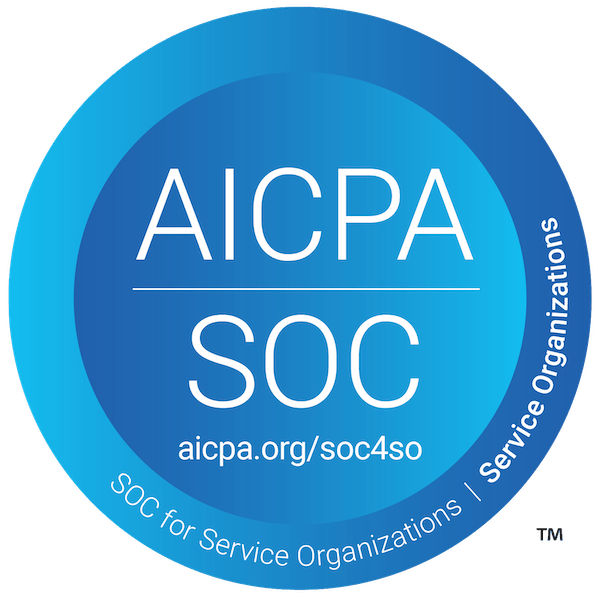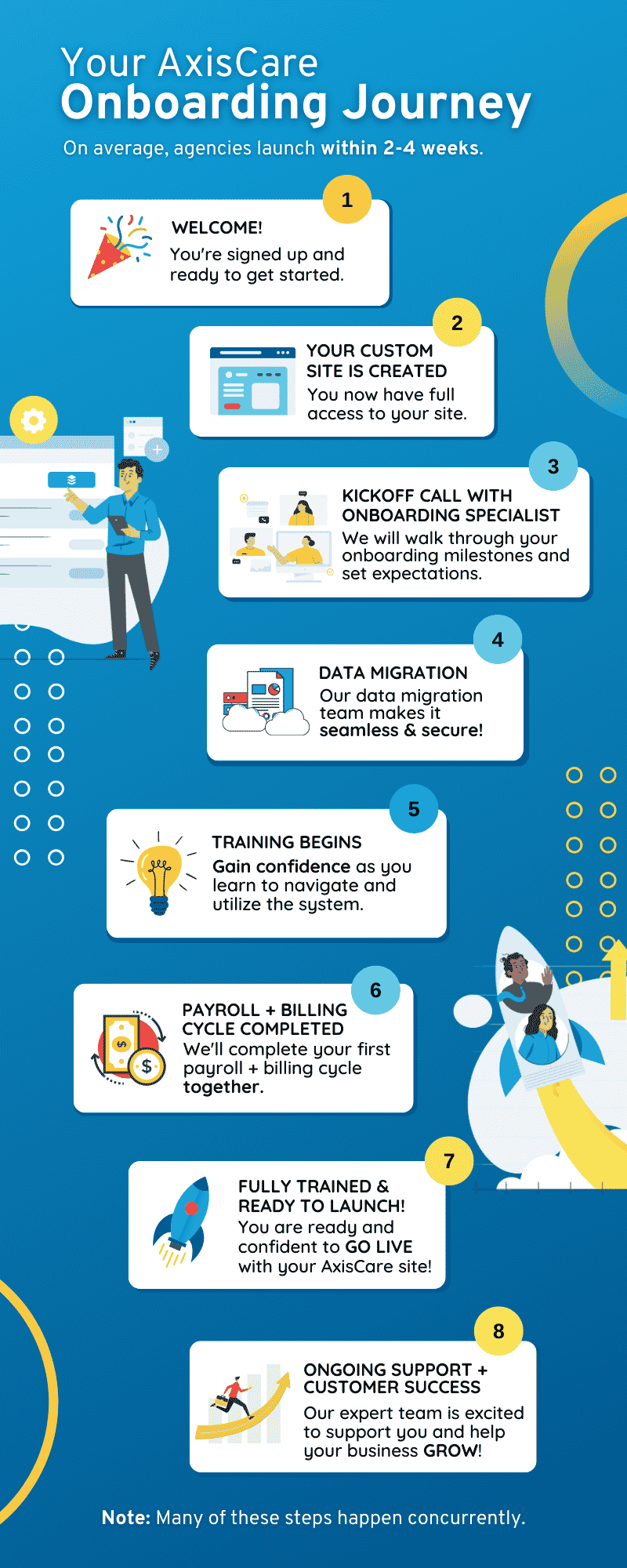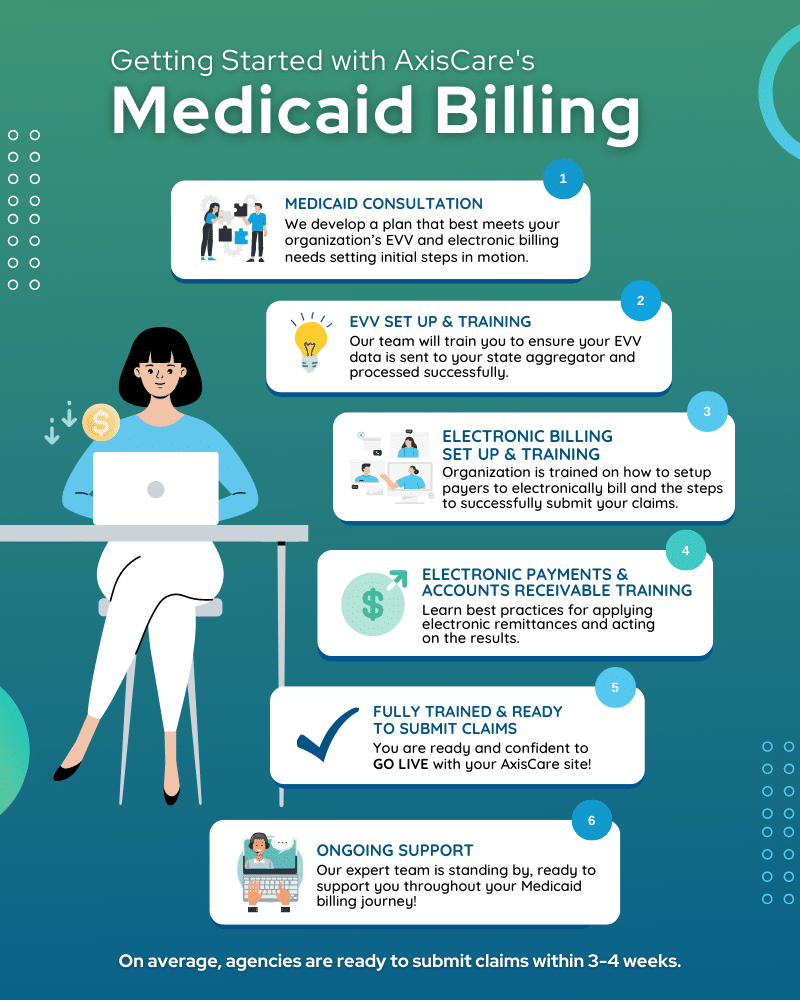In the United States, an unmistakable trend is emerging: the demand for home-based care services is on a continuous upward trajectory. The desire for compassionate and comfortable care within the familiar surroundings of home is leaving both aging populations and their loved ones to seek out personalized healthcare solutions. This growing need places a spotlight on the monumental tasks that caregivers shoulder daily; it’s here that the right software can be transformative. By integrating intuitive and reliable technology into their workflow, caregivers are empowered to provide empathetic care with greater efficiency and accuracy—ensuring that every individual they serve receives the highest quality of life possible, all while maintaining the human touch at the heart of home-based care.
Home-Based Care Industry
The home-based care industry encompasses a broad range of services designed to support individuals requiring medical, therapeutic, or custodial care in their residences rather than in a traditional healthcare facility. These services typically include professional nursing care, personal care assistance, rehabilitation therapies, and support with daily activities.
Industry's Growth
The home health care industry has seen an impressive 7% compound annual growth rate over the past five years, demonstrating the impact of technological innovation on service accessibility and quality. These advancements have brought hope and relief to countless families, bridging gaps in care with solutions that honor every patient’s comfort and individual needs.
Importance of At-Home Care for Individuals
At-home care services provide essential support to individuals who wish to maintain their independence and alleviate the emotional and logistical strains on families, allowing them to focus their efforts on quality time together.
Types of Home-Based Care
The home-based care industry covers a wide array of services directly related to the comfort and quality of life of the patient. Some examples of care provided consist of pain management, monitoring of vital signs, and assistance with daily living activities.
Personal Care
Personal care focuses on assisting individuals with activities of daily living (ADLs) and maintaining their overall well-being. This can include assistance with bathing, grooming, dressing, toileting, mobility, and medication reminders.
Skilled Nursing Care
Skilled nursing care focuses on administering medical care and services by licensed nurses in a home setting, including ongoing monitoring, complex wound care, medication management, intravenous therapy, or other medical treatments.
Physical or Speech Therapy
In the home-based care sector, physical therapy focuses on enhancing mobility, strength, balance, and coordination, while speech therapy aims to improve speech, language, swallowing, and cognitive skills.
Hospice Care
Hospice care is provided to individuals who have a terminal illness and are in the final stages of life. The focus is maximizing comfort, managing symptoms, and enhancing the patient’s quality of life.
Growing Demand for Home-Based Care
According to the AARP, nearly 90% of seniors prefer to age in place, staying in their own homes and communities as they grow older. The main factors influencing this shift in care delivery and preferences are personal preferences, cost-effectiveness compared to institutional settings, advancements in medical technology such as mobile apps, and the unique personalized care approach that home health care provides.
Challenges of Home-Based Care
Home care agency owners have been faced with challenges as of late when looking to meet the demand for their services. Market.us Media reported that approximately 12 million Americans receive home health care services each year. As agencies keep up, here are some of the challenges they face:
Recruitment and Retention
The demand often surpasses the availability of trained caregivers, leading to workforce shortages, and difficulty finding qualified candidates.
Quality of Care
Factors such as varying caregiver training and competency levels, lack of standardized protocols in the industry, and the emotional toll of a caregiver’s role can impact the quality and consistency of care delivered.
Medicaid
Home-based care can be funded through Medicaid programs. Although billing Medicaid can, in turn, increase client count and agency growth, it can be challenging due to the complex billing system consisting of reimbursement rates, documentation requirements, and administrative processes. However, this burden can be negated by utilizing home care software that is equipped to bill Medicaid with ease.
Increasing Demand
The aging population and a preference for aging in place directly contribute to the increased demand home care agencies face.
Benefits of Home-Based Care
Home-based care offers several benefits that contribute to the overall well-being, quality of life, and satisfaction of individuals receiving care as well as their families and loved ones.
Familiarity with Environment
Being in a familiar environment, like their home, promotes a sense of security, reduces stress, and helps individuals maintain their daily routines and independence.
Reduced Risk of Infections
By receiving care at home, individuals are less likely to be exposed to contagious illnesses or healthcare-associated infections associated with institution-based care delivery, such as nursing homes.
Ensuring Quality and Safety
Home-based care allows for personalized and one-on-one attention from caregivers. This personalized approach enables caregivers to provide tailored care that meets each patient’s specific needs, ensuring care delivery is not one-size-fits-all.
Prevented Hospital Readmissions
By receiving care at home, individuals can benefit from ongoing monitoring, medication management, wound care, rehabilitation, and other necessary services, negating the need for hospital visits and having closer monitoring of conditions needed to prevent hospitalization.
Secure a Promising Future of Home-Based Care With AxisCare
As the home care industry continues to flourish, meeting its demands requires robust tools designed to navigate the complexities of personalized care. AxisCare‘s specialized software solutions provide agency owners with an intuitive platform tailored to the needs of care providers. Book a demo to learn more about how AxisCare can elevate your agency’s care delivery and help you quickly meet the industry’s demand.











